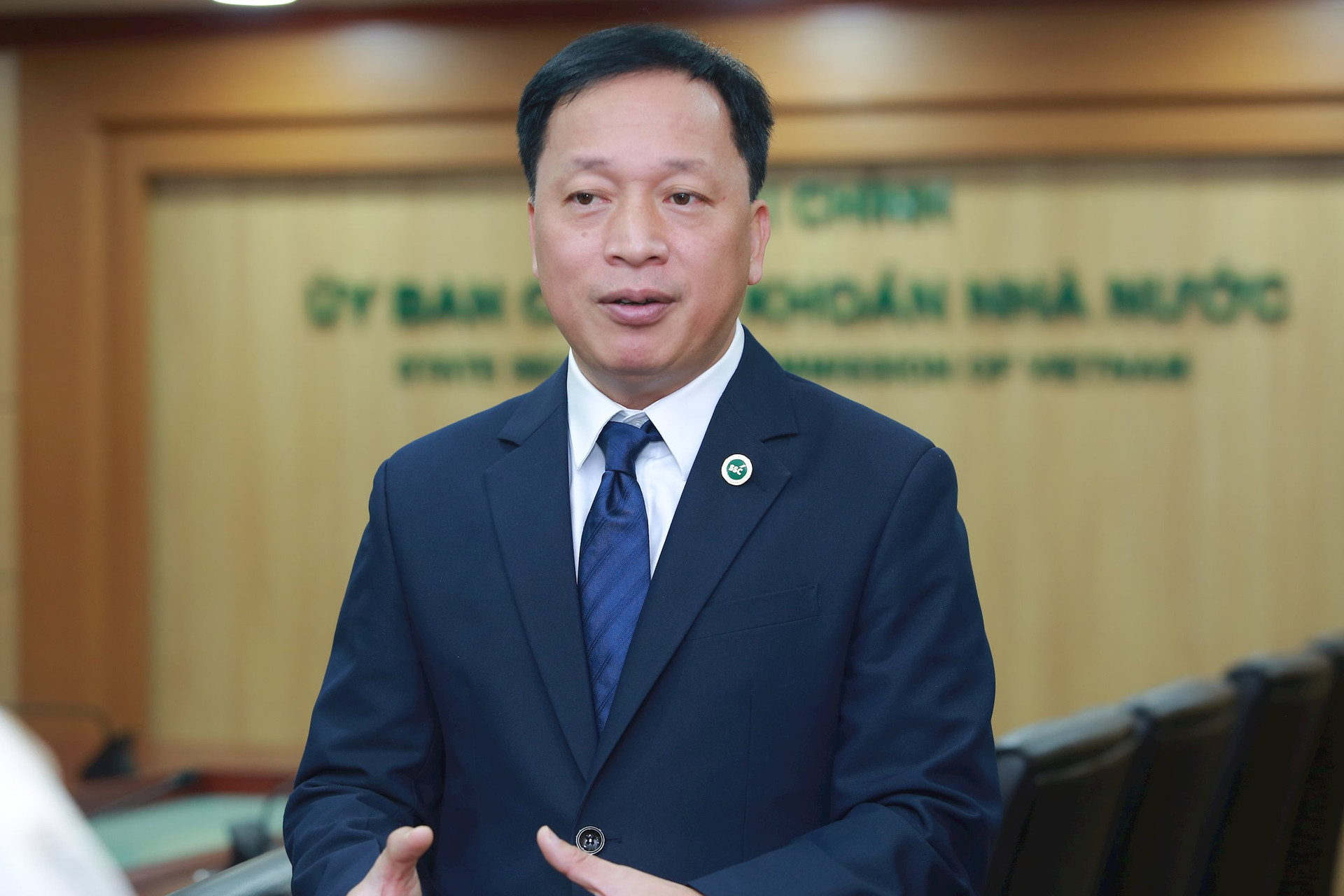
Sir , to attract more global capital flows into Vietnam, upgrading the stock market is the most important goal at present because the policy of many international fund management companies is not to invest in frontier markets. So can you share what Vietnam needs to do and what specific solutions are there to achieve the goal of upgrading the market as quickly as possible in the near future as recommended by MSCI at the Vietnam Investment Forum in Singapore last August?
Recently, implementing the direction of the Prime Minister, the leaders of the Ministry of Finance and the State Securities Commission have been urgently reviewing and proposing amendments and supplements to legal documents to gradually remove bottlenecks in considering upgrading according to the criteria of international organizations. Specifically: in terms of law, the Ministry of Finance and the State Securities Commission have been actively working with market members, domestic and foreign organizations to propose feasible solutions to the main obstacles in considering upgrading the Vietnamese stock market from frontier to emerging through the draft Circular amending and supplementing 04. Circulars on transactions, registration, depository and clearing, on the activities of securities companies and on information disclosure to amend 2 regulations on pre-transaction margin requirements and requirements for information disclosure in English. Up to now, the State Securities Commission is finalizing the draft Circular 04. According to the assessment of domestic and foreign experts, the new solutions and regulations in the draft Circular are appropriate and highly feasible.
The Ministry of Finance and the State Securities Commission have been working with relevant ministries and branches such as the State Bank of Vietnam and the Ministry of Planning and Investment to coordinate in providing solutions to meet the upgrading criteria, such as amending legal regulations related to procedures for opening indirect investment capital accounts in the direction of minimizing procedures and shortening account opening time; updating and fully disclosing the maximum state ownership ratio for conditional business lines, limiting access for foreign investors.
The Ministry of Finance and the State Securities Commission have also actively and proactively worked regularly with rating organizations and major international investors to convey information about the policies, orientations and determination of the Vietnamese Government in upgrading the market; strengthened coordination with foreign institutional investors to answer questions and acknowledge and resolve difficulties of foreign investors when investing in Vietnam; implemented investment promotion programs to enhance the image of the Vietnamese stock market with the global investment community and major institutional investors in the world.
On the other hand, the management agency regularly exchanges, coordinates and discusses with securities companies and depository banks so that market members can update the latest information on amendments to the legal framework to support market members to be proactive in preparing for connection systems, operating systems, capital resources and appropriate management solutions when legal documents are issued and put into implementation.
With a series of the above solutions, the Government, the Ministry of Finance and management agencies have set high determination in improving the necessary factors to achieve the goal of upgrading the stock market to an emerging market by 2025.
To promote green capital flows into Vietnam, what solutions has the State Securities Commission (SSC) had in the past and in the future?
Since 2012, the State Securities Commission has coordinated with ministries and branches to participate in developing legal documents regulating sustainable finance in Vietnam.
Many legal documents regulating sustainable finance have been issued, creating the premise and promoting the development of green bonds in Vietnam, such as: Decree No. 95/2018/ND-CP dated June 30, 2018, regulating the issuance, registration, depository, listing and trading of government debt instruments on the stock market; Decree 153/2020/ND-CP dated December 31, 2020, regulating the offering and trading of individual corporate bonds in the domestic market and offering corporate bonds to the international market; Decree No. 65/2022/ND-CP dated September 16, 2022, amending and supplementing a number of articles of Decree 153/2020/ND-CP; Circular No. 96/2020/TT-BTC issued by the Minister of Finance on November 16, 2020, replacing Circular No. 155/2015/TT-BTC, continues to make further improvements by raising the standards for information disclosure related to sustainable development. In particular, public companies are required to disclose information on direct and indirect greenhouse gas emissions in their annual reports (except for companies in the fields of finance, banking, and insurance).
In 2021, the SSC issued the Handbook on Issuance of Green Bonds, Social Bonds and Sustainability Bonds. In August 2023, the SSC collaborated with the International Finance Corporation (IFC) to launch the Handbook on Greenhouse Gas Emissions Reporting.
In addition, the SSC has coordinated with international partners such as the International Finance Corporation IFC, the British Embassy, and the ACMF Capital Market Working Group to conduct many training activities and workshops on topics related to information disclosure related to sustainable development according to the TCFD framework, information disclosure for green bonds, the IFRS S1 and IFRS S2 Sustainability Disclosure Standards of the ISSB Global Sustainability Standards Board; and Greenhouse gas inventory reports.
The State Securities Commission has also proposed groups of solutions to develop the green capital market. In particular, it focuses on researching, perfecting and restructuring the Vietnam Sustainable Development Index (VNSI) that was put into operation by the Ho Chi Minh City Stock Exchange in 2017 to suit the context of sustainable development in the stock market.
Continue to review and improve policies and products including green bonds and green financial products according to the Green Growth Action Plan of the Ministry of Finance to implement the National Green Growth Strategy. Coordinate with relevant units to improve the policy framework to support the green capital market such as taxes and fees to facilitate issuers and attract the attention of domestic and foreign investors.
According to you, which legal corridors does Vietnam need to complete urgently to be able to open up green capital flows from international organizations that have signed with Vietnam such as : WB, IFC (19 billion USD), JETP (15.5 billion USD for a fair energy transition), GFANZ (7.5 billion USD )...?
With the commitment to reduce net emissions to zero by 2050 at COP26, Vietnam has been highly appreciated by the international community for building a policy framework on green economic development with specific goals and action plans in the National Strategy on Green Growth for the period 2021 - 2030, vision 2050 and the National Action Plan on Green Growth for the period 2021-2030. Accordingly, green finance plays an extremely important role in realizing Vietnam's sustainable development goals.
However, Vietnam currently does not have a national green classification list that is consistent with economic sector classification and international practices. This leads to difficulties for issuers, investors and state management agencies in evaluating, certifying and investing in green projects.
As far as we know, the Ministry of Natural Resources and Environment is currently presiding over and coordinating with relevant ministries and branches to complete the draft Decision of the Prime Minister promulgating regulations on environmental criteria and confirmation for projects granted green credit and issuing green bonds according to the assigned tasks in Decree 08/2022/ND-CP guiding the Law on Environmental Protection. This is a decisive document in the process of perfecting the legal framework, which needs to be issued soon to create a basis for legal regulations on green finance to be enforceable in Vietnam.
On the part of businesses, it is necessary to proactively improve knowledge and capacity in implementing and integrating ESG into governance, improve capacity to disclose sustainable development information, and ensure compliance with legal requirements and leading domestic and international practices. Thus, businesses' ability to access sustainable financial capital will be increased.
Thanks for sharing!
Source: https://baotainguyenmoitruong.vn/viet-nam-quyet-tam-cao-dat-muc-tieu-nang-hang-thi-truong-vao-nam-2025-379396.html


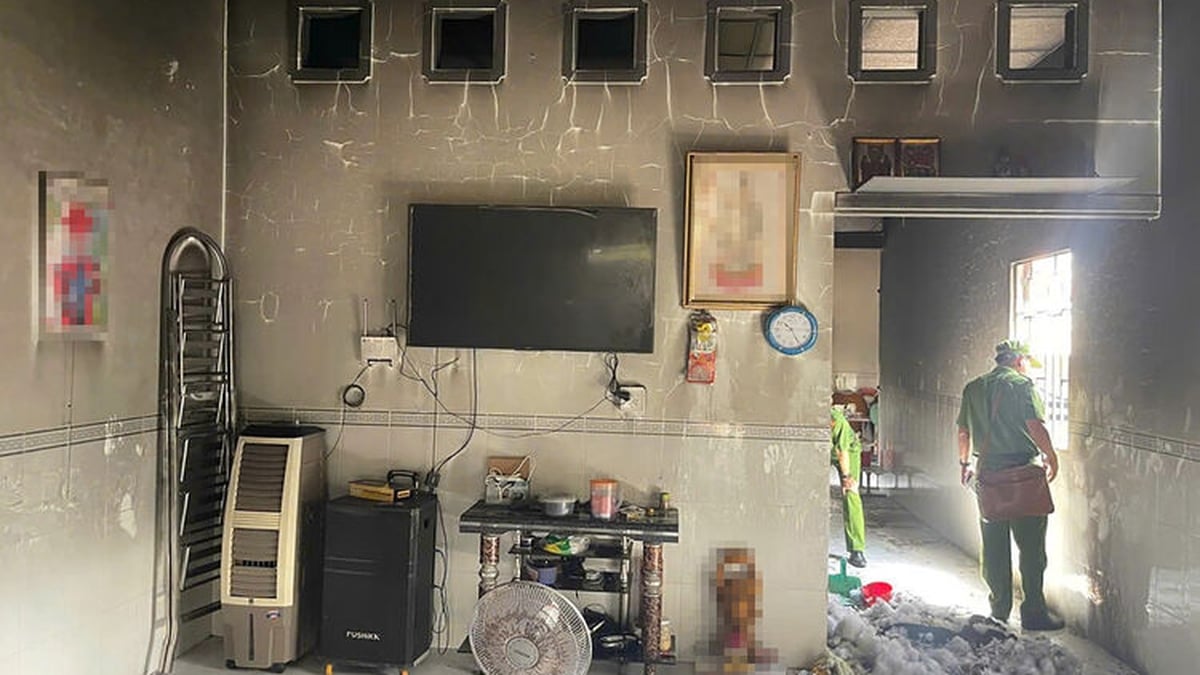

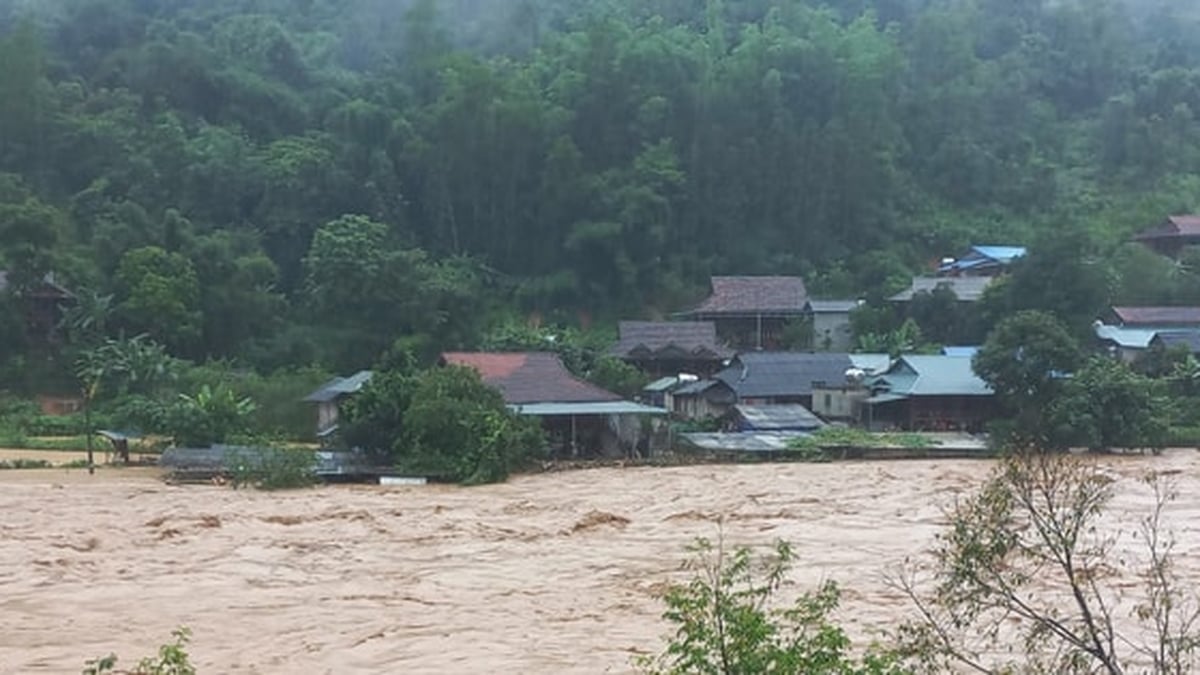

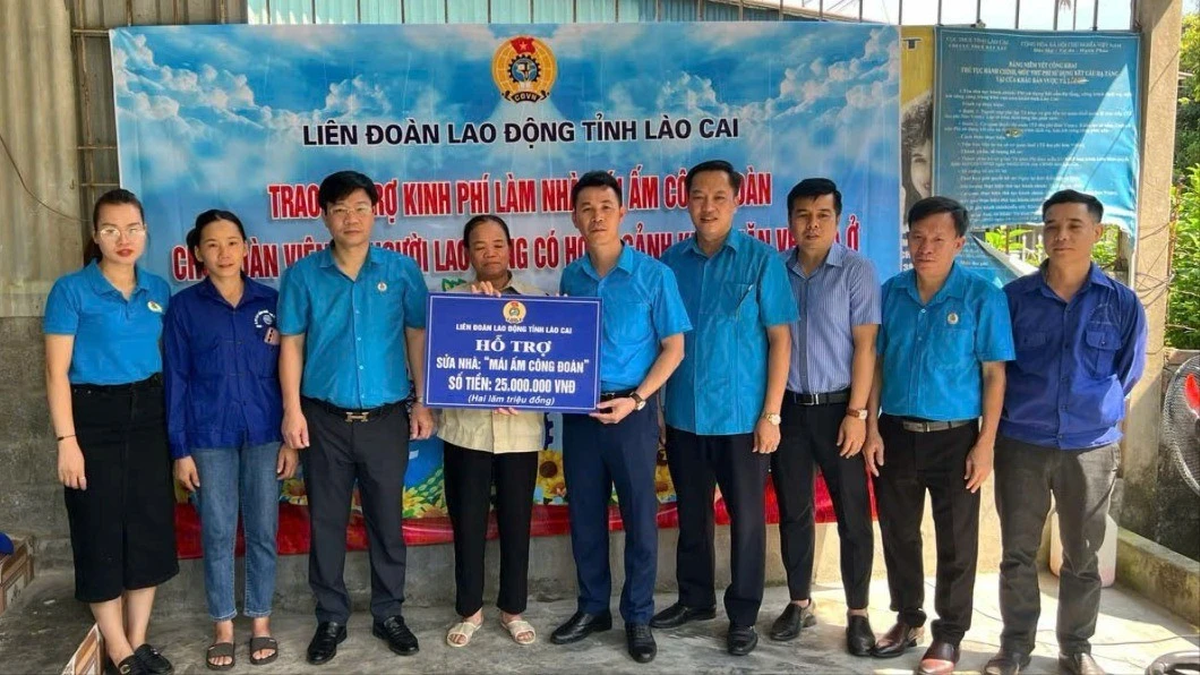



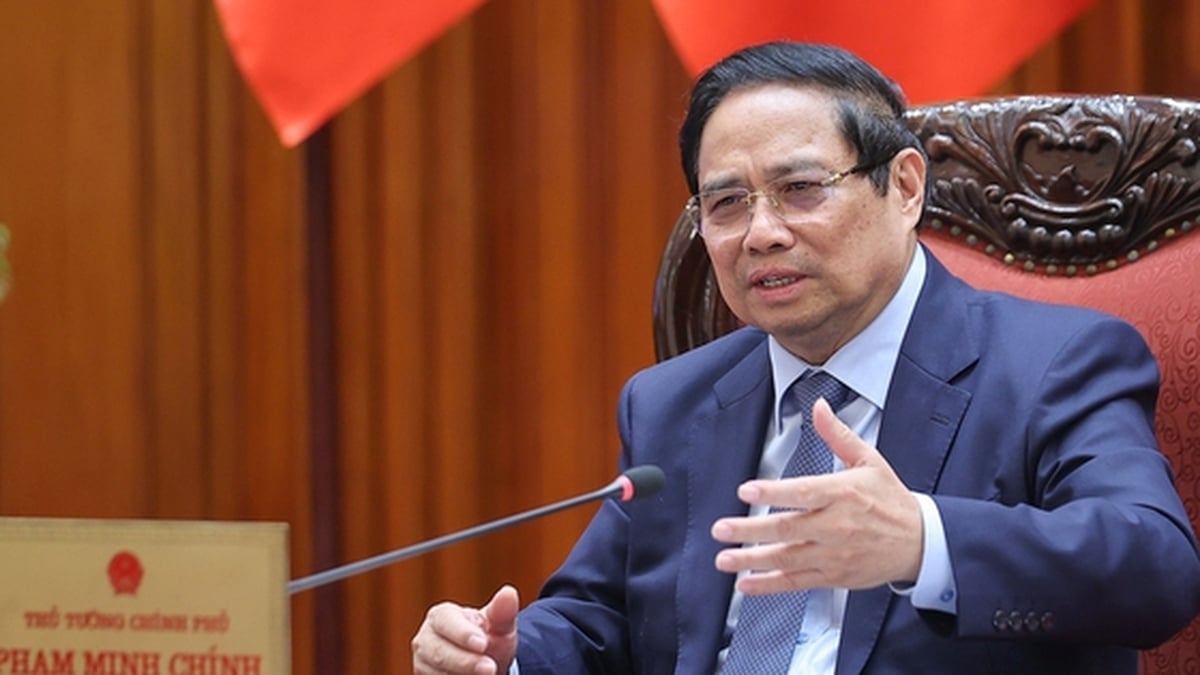










































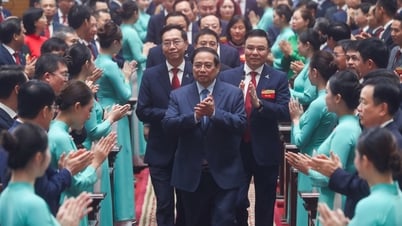














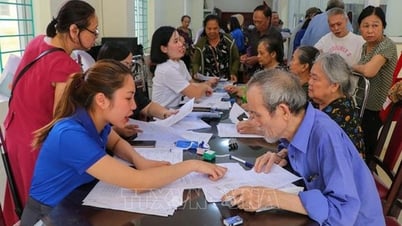




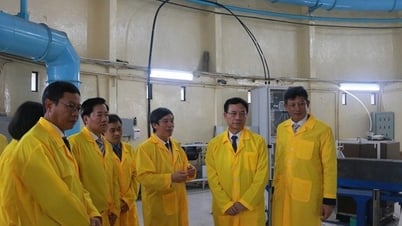


























Comment (0)